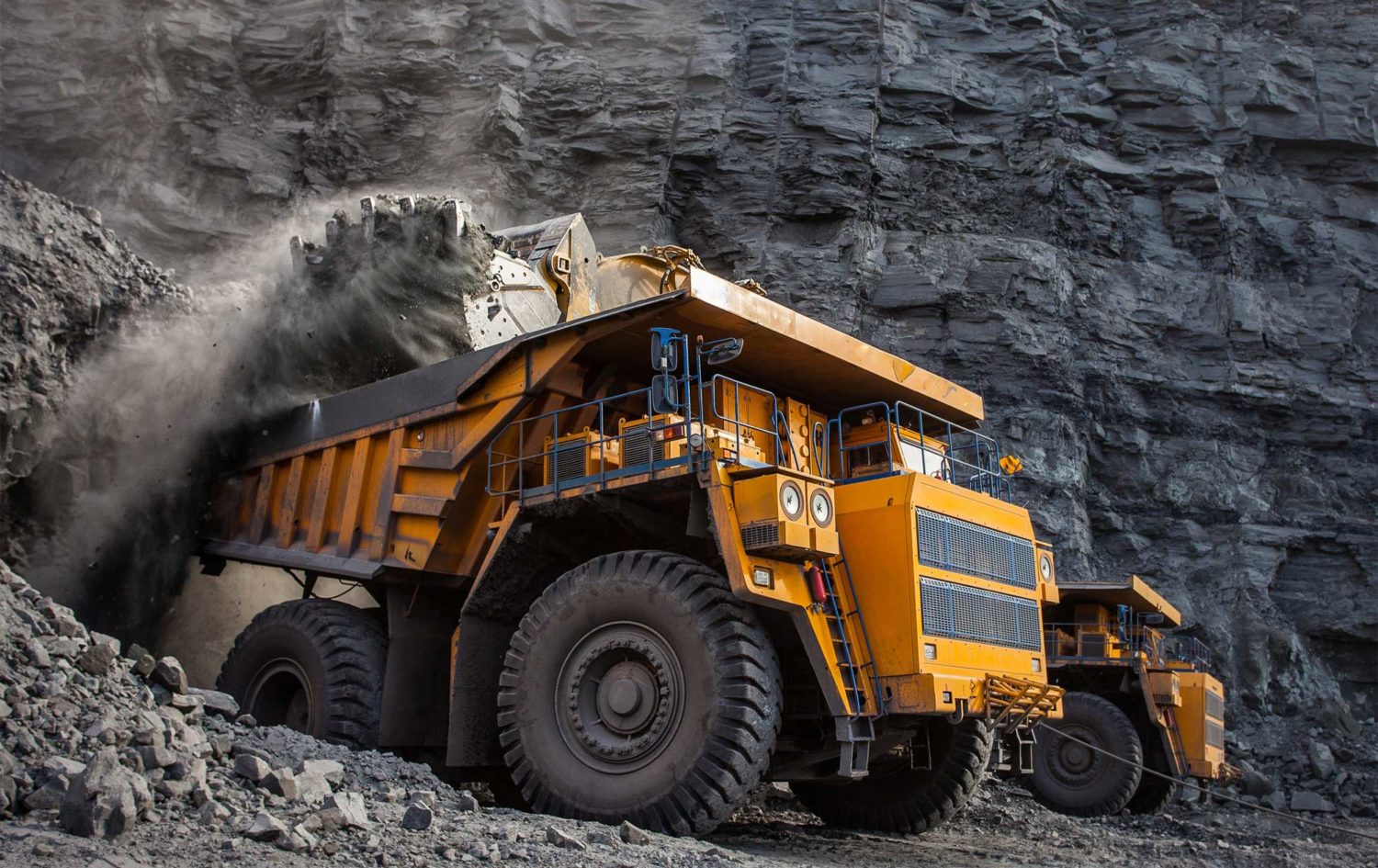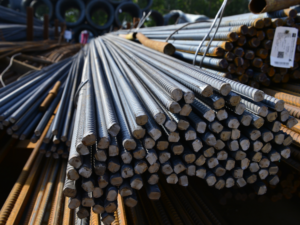Seaborne iron ore prices rebounded again on Thursday. Vale meanwhile has reaffirmed its commitment to expanding its presence in China.
The Kallanish KORE 62% Fe index rebounded $1.52/t to $172.63/dry metric tonne cfr Qingdao. The Kallanish KORE 65% Fe index gained $1.55/t to $96.47/dmt cfr, and the KORE 58% Fe index increased $1.94/t to $159.18/dmt cfr.
On the Dalian Commodity Exchange May iron ore settled up CNY 16/t at CNY 1,131.5/t ($175.16/t), while on the Singapore Exchange March 62% Fe futures settled up $1.49/t at $171.10/t. The same contract for 65% Fe and 58% Fe futures settled up $1.20/t at $194.51/t, and up $2.05/t at $157.77/t respectively. In Tangshan, billet prices gained CNY 40/t to CNY 4,270/t.
Expectations for iron ore prices remain positive, but trading has been a little quiet. Mills have material for the short term and are waiting to see how fast steel demand increases in March to assess the production rates they will be able to maintain.
Vale China president Tracy Xie told China Daily that the company sees China as its core customer and a core market. Sales to China accounted for 67% of Vale’s sales in 2020 at 192 million tonnes. The company has announced a number of investments over the last two years, including blending and processing operations and a new sales platform on WeChat which is due to be active early in 2021.
China is targeting greater self-sufficiency in iron ore, including by investing in new African sources of supply. This has largely been framed as increasing independence from Australian supply rather than Brazil, but all suppliers to China could be affected.






